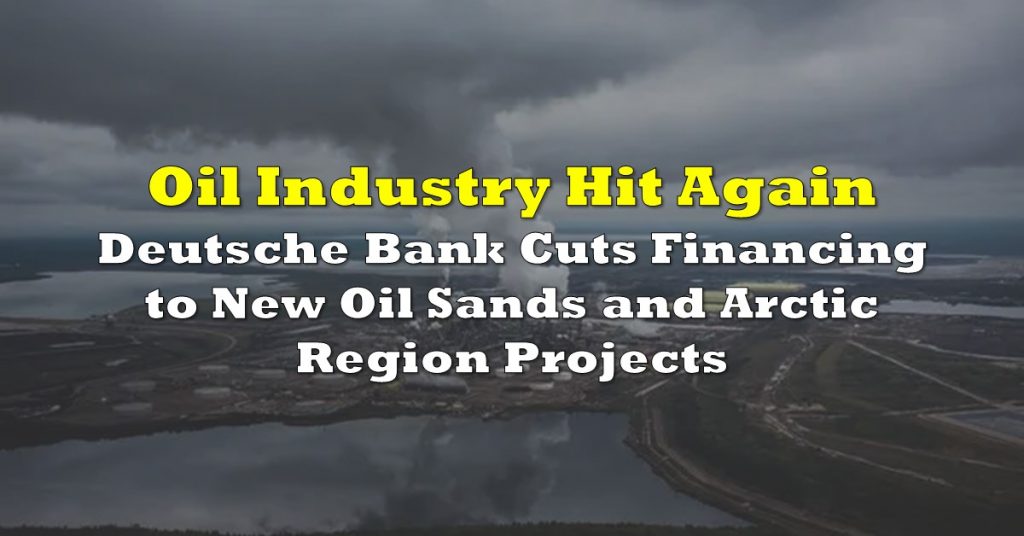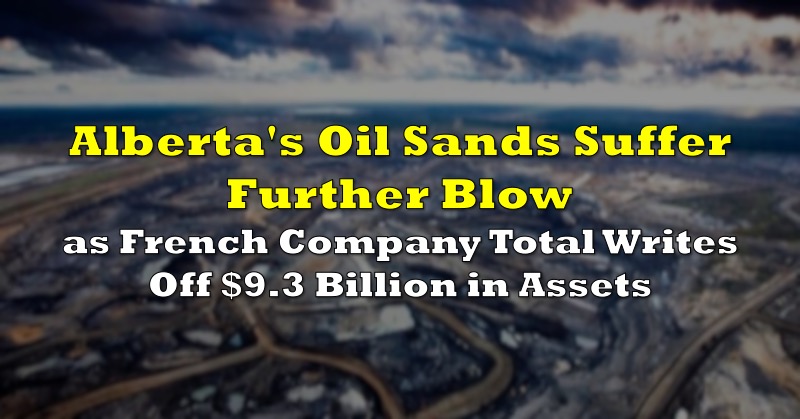If the government proceeds with its proposed oil and gas emissions plan, Canada could face significant economic repercussions. According to a recent report by S&P Global, the stringent emissions reduction strategy could result in a 17% decrease in conventional oil and gas production, the loss of 51,000 jobs annually, a $74 billion reduction in investment, and a cumulative loss of $247 billion in GDP from 2024 to 2035. Additionally, the plan could cost the Canadian economy $45 billion each year thereafter.
The Canadian conventional oil and gas sector is set to mount significant investment and growth between 2024 and 2035, the assessment concluded. This period will see considerable capital expenditures (CAPEX) and operational expenditures (OPEX) driven by the need to meet rising oil and gas demand while adhering to stringent decarbonization policies.
S&P Global, tapped by the Canadian Association of Petroleum Producers to produce a report, outlined three scenarios to assess the economic implications of varying levels of production and emissions reductions:
- In the Reference Case, conventional oil and gas production is projected to grow steadily, reaching 5.9 million barrels of oil equivalent per day (Mboe/d) by 2035, up from 5.4 Mboe/d in 2023. This scenario follows S&P Global’s base case production forecast, assuming moderate growth without significant regulatory changes.
- The High Case scenario anticipates an 8% increase in conventional oil and gas production compared to the Reference Case by 2035. This growth is driven by additional natural gas production, primarily exported through new LNG terminals, enhancing Canada’s export capacity and economic benefits.
- The Stress Case scenario involves a mandated 40% reduction in emissions by 2030 compared to 2021 levels, with the reduction target increasing to 55% by 2035.
This ambitious target in the Stress Case scenario requires substantial cuts in production, particularly from higher-cost wells and less efficient drilling areas. As a result, conventional oil and gas production could decline by 17% by 2035. The S&P Global report highlights that this decrease in production would lead to a $155 billion reduction in export sales. Investment would fall by 14%, totaling $75 billion less than what would be expected under a business-as-usual scenario.
The reduction in production and investment will have a direct impact on employment in the oil and gas sector. The S&P Global analysis estimates that the emissions plan would result in 51,000 fewer jobs supported annually. These job losses would not be confined to the oil and gas-producing provinces but would ripple across the entire Canadian economy, affecting supply chains and related industries nationwide.
The scenario would also mean a $92 billion decrease in GDP contribution, the cumulative impact from 2024 to 2035 of which would be a staggering $247 billion. This loss represents a significant economic downturn, with the annual economic hit amounting to $45 billion thereafter. The reduction in GDP would affect public revenues, social services, and overall economic stability.
S&P: if the Liberals go ahead with their oil and gas emissions plan, it will mean 17% less production, 51,000 fewer jobs, $74BN less investment, and cost Canada $247BN in lost GDP ('24-'35) and $45BN/year thereafter (!!!). This is the very definition of economic treason.… pic.twitter.com/tk4XYAJGAb
— Eric Nuttall (@ericnuttall) May 30, 2024
In the Reference Case, this scenario involves a total investment of $519 billion, contributing $627 billion to GDP and generating $588 billion in export sales and $102 billion in royalties. It will support 347,000 jobs annually.
The High Case scenario would necessitate an extra $50 billion in investment, boosting GDP by $59 billion and export sales by $46 billion. This scenario would support an additional 36,000 jobs annually.

Under the Reference Case, absolute emissions are expected to fall by 8% between 2024 and 2035. However, achieving the stringent 40% emissions cap by 2030 in the Stress Case scenario would require substantial production cuts and investments in decarbonization technologies like carbon capture and storage (CCS). These measures include optimizing existing gas pipelines and incorporating best operational practices to lower emission intensity.
Investment in the conventional oil and gas sector has a 2.4x multiplier effect on GDP. The sector’s GHG emission intensity is projected to decline by at least 17% from 2023 levels across all scenarios. The economic impact on GDP could vary by up to $374 billion over 12 years, with significant effects post-2030 when the emissions cap takes effect. The net impact of conventional investments on GDP and jobs extends beyond oil and gas-producing provinces, benefiting other regions through supply chain activities.


Information for this briefing was found via S&P Global and the sources mentioned. The author has no securities or affiliations related to this organization. Not a recommendation to buy or sell. Always do additional research and consult a professional before purchasing a security. The author holds no licenses.











